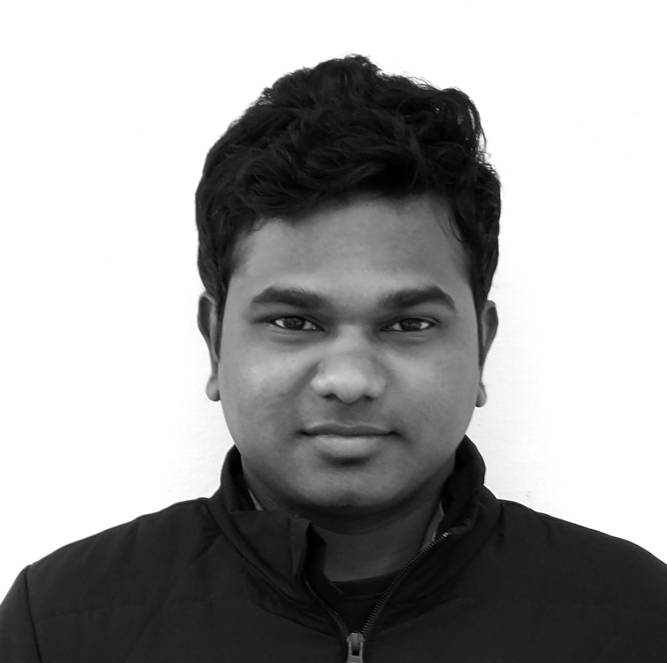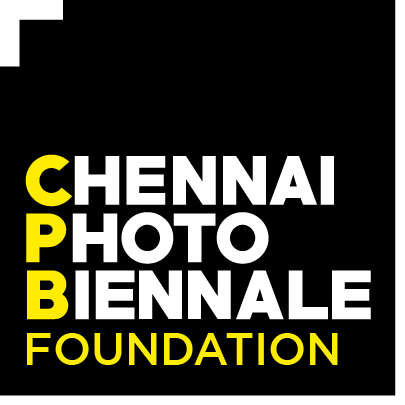
Arun Vijai Mathavan
Arun Vijai Mathavan is a graduate of the National Institute of Design, India. He is keenly interested in documentary photography and exploring issues of spaces with their relation to the environment.
Presently he is an independent photographer based in Chennai, Working on long-term projects.
Untitled
Exhibited @ CPB 2019
What we do with our dead, how we regard them, is dependent on the specific conditions into which we are born—belief, religion, language, place, sect, caste, gender, and, in recent times, science. In India, those classified as ‘untouchables’ or ‘Dalits’ have been forced to handle the dead for centuries. The manner in which they are compelled to do this in modern, state-run hospitals has gone unnoticed and undocumented. My project proposes to shine a light on an unknown, shrouded world.
We live in a time when unnatural deaths are subjected to investigation. Before a surgeon handles the body, a team of trained staff prepares it. There are elaborate procedures relating to how the body should be handled and what the qualifications a technician should have. After the autopsy, highly skilled work is performed; the corpse is wrapped; the ventilators are removed; no visible incision is left to be seen; the viscera are carefully handled, and the body is reconstituted by sewing it back together. In all this, the coroner is assisted by a team of lab technicians.
In India, the reality of this process is shockingly different from our perception. In almost all hospitals in India, a range of tasks, sometimes even the opening of the torso with the Y-incision, is done by semi-literate, low-level staff. They belong to the Dalit communities. Official identity cards designate the men as “Sanitary Workers.” Much like other stigmatized work in a society organized by caste, such as handling all manner of waste (including human excreta), the cleaning of sewers, or the skinning of animal carcasses, this modern work too has become hereditary. The ill-equipped workers, with outmoded refrigerators and crude implements, perform heroic tasks in dismal conditions. They suffer from several occupational ailments and work-related infections from handling the decomposed, verminous bodies. Tasked with endowing dignity on the dead, they face a social death. The untrained, underpaid, Dalits cannot tell their friends and neighbors what they do for a living.

